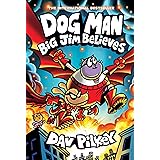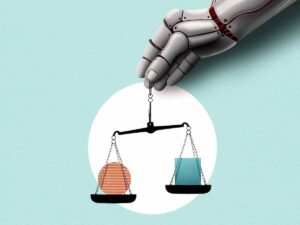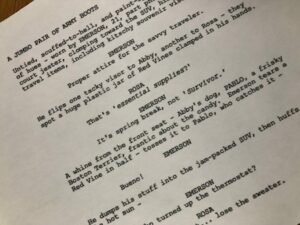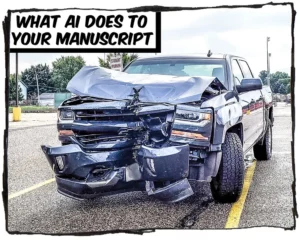Is AI Silencing Creators or Unleashing a Revolutionary Muse?
Ever paused to wonder what makes a piece of writing truly yours when your co-writer might just be a machine? For centuries, we’ve hailed the author as the sovereign creator—the sole architect of meaning, voice, and intent in every text. But now, as AI tools like ChatGPT sneak into the writer’s room, the lines blur and the plot thickens. Is this the quiet death of the author, or an unexpected evolution that’s shaking up how we think about creativity? Spoiler alert: AI can’t craft meaning—it can only tug at the strings of your meaning, challenging it in ways both thrilling and perplexing. Writers today aren’t just authors anymore; they’re curators, remixing and wrestling with AI’s digital muse. It’s a wild new chapter in storytelling, and trust me, you’ll want to be part of the conversation.
LEARN MORE
AI can’t create meaning — but it can challenge yours.
For centuries, the author has been seen as the ultimate source of meaning in a text — a singular mind shaping narrative, voice, and intent. But what happens when words are no longer born from human thought alone?
With the rise of generative AI tools, writers find themselves in a paradox: empowered by powerful co-writers yet unsure of their own creative sovereignty.
Are we witnessing the death of the author — or something more complex, perhaps even liberating?
A Brief History of the Author
The idea of the “author” is not fixed.
Ancient oral storytellers were vessels for communal memory. The printing press elevated individual creators.
And postmodernism gave us Roland Barthes’ infamous declaration: “The birth of the reader must be at the cost of the death of the Author.”
Barthes argued that meaning is made by the reader, not dictated by the author’s intent.
Now, AI accelerates this shift — obscuring who or what is behind the words we read.
What AI Actually Does When It “Writes”
AI does not write the way we do. It does not think, feel, or mean.
Tools like ChatGPT and Claude are massive statistical engines trained on human language, predicting the next word based on patterns.
They remix — brilliantly, sometimes — but they do not create meaning.
The illusion of authorship is just that: an illusion powered by data, not by intent.
The Writer Becomes a Curator
Faced with this, many writers are adapting — not abandoning craft, but redefining it.
The writer becomes a “scriptor” in Barthes’ sense: one who arranges, curates, and remixes meaning.
Rather than fearing AI, some embrace it as a digital muse. Prompting becomes a creative act. Editing AI’s rough output becomes a form of authorship. Control doesn’t disappear — it evolves.


















